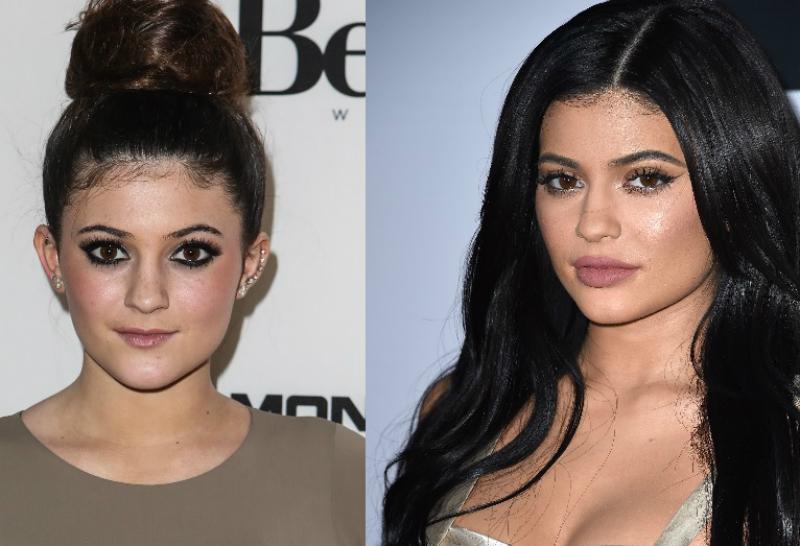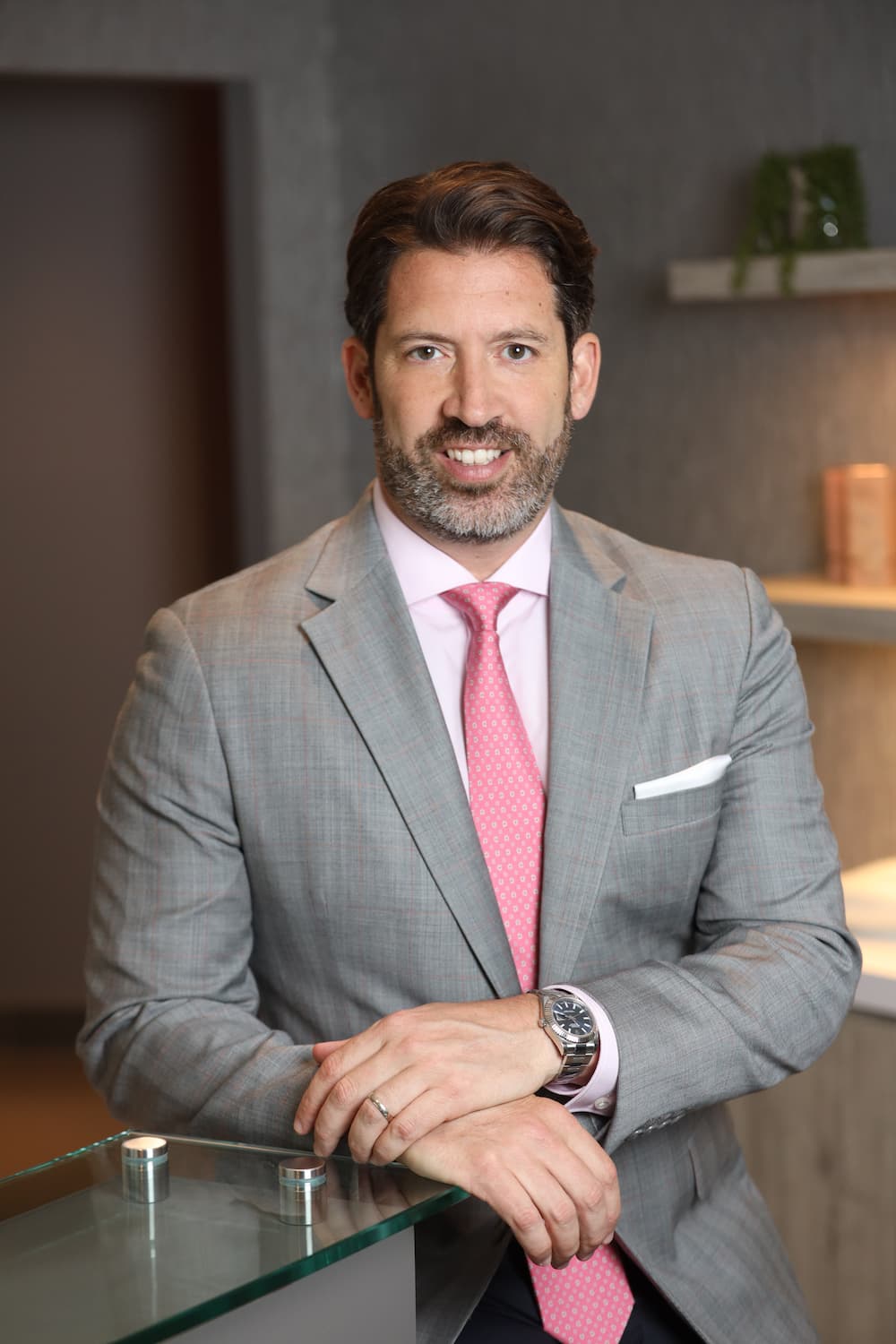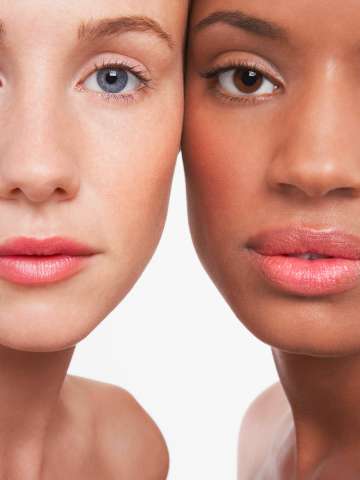Investigating the Mental and Social Variables That Drive People to Take Into Consideration Cosmetic Surgical Procedure as a Method of Enhancement
The choice to seek cosmetic surgical treatment usually prolongs beyond mere aesthetic appeals, linking with social and mental characteristics that merit comprehensive evaluation. Variables such as self-esteem, prevalent social charm criteria, and the pervasive impact of social media merge to form individual inspirations for surgical enhancement.
The Duty of Self-Esteem
Self-confidence substantially influences a person's decision to seek cosmetic surgery. People with reduced self-esteem often regard themselves in an adverse light, leading to feelings of inadequacy regarding their physical appearance.

Ultimately, the role of self-esteem in the decision-making procedure pertaining to cosmetic surgery highlights the complex interaction between body picture, individual satisfaction, and mental health and wellness. Understanding this connection is vital for health care experts to guarantee that individuals are making educated choices rooted in realistic expectations and psychological well-being.
Societal Charm Specifications
Influenced by pervasive media representations and social narratives, social elegance criteria play an essential role in forming individuals' understandings of their very own bodies. These criteria are typically characterized by an idealized kind of beauty that highlights traits such as balance, slimness, and youthful vigor. As these suitables are bolstered through different networks, consisting of marketing, movie, and television, people frequently internalize these messages, bring about discontentment with their all-natural appearance.
The ramifications of these social norms extend beyond visual preferences; they can influence self-confidence, psychological health, and social connections. People that perceive themselves as disappointing these criteria may experience feelings of insufficiency, triggering a need for plastic surgery as a method of achieving social approval. This quest is usually fueled by the idea that complying with these suitables will improve not just physical look yet also social standing and personal fulfillment.

Influence of Social Media Site
The impact of social charm criteria is further magnified by the rise of social media sites systems, where curated images and idealized depictions of charm are common. Individuals are constantly subjected to filteringed system and edited photographs, which frequently depict unattainable physical qualities. This exposure grows a culture of contrast, leading people to evaluate their own appearance versus these frequently impractical standards.
Social media site influencers and celebrities often advertise cosmetic procedures, stabilizing the notion that surgical improvements are a feasible methods for attaining social ideals (plastic surgery rancho cucamonga). The exposure of these improvements can develop a perception that going through cosmetic surgery is a conventional technique, therefore affecting individuals to consider comparable interventions as a pathway to improved self-worth and social approval
Furthermore, the interactive nature of social media allows for prompt responses with sort and remarks, additionally reinforcing the need to satisfy prominent beauty standards. Such communications can worsen feelings of inadequacy and drive people toward plastic surgery as a way of gaining recognition. Ultimately, social media sites plays an essential role fit understandings of elegance, which substantially impacts the decision-making procedures surrounding plastic surgery.

Cultural Perspectives on Look
Across various cultures, assumptions of look are deeply rooted in historic, social, and economic contexts, shaping people' sights on appeal and worth. In many cultures, look functions as a substantial marker of identification, affecting social standing, specialist opportunities, and individual partnerships. As an example, in some cultures, light skin is usually connected with wide range and benefit, while others might idealize darker skin tones as icons of stamina and authenticity.
Furthermore, traditional appeal standards are commonly bolstered through social stories, media representations, and family affects, causing differing perfects across different areas (plastic surgery rancho cucamonga). In Western cultures, the emphasis on young people and physical fitness often drives link individuals towards Learn More Here aesthetic enhancement, while in specific Eastern societies, more refined changes aligned with typical appearances might be chosen
Globalization and the spreading of digital media have better complicated these characteristics, producing a hybridization of beauty perfects that transcends geographical borders. As individuals significantly navigate these social narratives, the stress to satisfy certain appearance requirements can result in the wish for cosmetic surgery, showing an intricate interplay of individual ambitions and cultural values. Comprehending these cultural point of views is essential in attending to the motivations behind cosmetic surgical treatment factors to consider.
Psychological Effects of Plastic Surgery
Many individuals seeking plastic surgery record experiencing profound psychological impacts that can considerably alter their self-perception and emotional well-being - plastic surgery rancho cucamonga. The wish for physical enhancement typically originates from underlying concerns such as reduced self-worth, body dysmorphic disorder, or societal pressures concerning charm criteria. For some, the instant post-operative stage can result in a short-term boost in self-esteem and fulfillment with their look, cultivating a feeling of empowerment
Nonetheless, these positive feelings may not be sustaining. Study shows that while some clients experience improved self-confidence, others may deal with increased anxiousness or depression if their assumptions are not satisfied. This discrepancy can emerge from unrealistic perfects continued by media depiction and cultural stories surrounding beauty.
In addition, the mental implications of cosmetic surgical procedure expand beyond the person. Relationships with friends and family may be strained as social characteristics shift, resulting in sensations of isolation or alienation. Inevitably, the emotional effects helpful site of plastic surgery are intricate and diverse, requiring careful consideration by both possible people and doctor to ensure educated decision-making and sensible assumptions.
Verdict
In final thought, the decision to go after cosmetic surgery is significantly influenced by a combination of self-esteem concerns, societal charm criteria, and cultural point of views on appearance. The prevalent reach of social media additionally intensifies these stress, promoting impractical ideals that people usually strive to acquire. Understanding these social and emotional aspects is vital for resolving the inspirations behind plastic surgery, highlighting the demand for an extra nuanced discussion bordering appeal and self-acceptance in modern society.
The decision to pursue cosmetic surgical procedure frequently extends past plain aesthetics, intertwining with psychological and social characteristics that warrant thorough examination. Ultimately, social media plays a critical function in shaping perceptions of elegance, which dramatically influences the decision-making procedures surrounding cosmetic surgical treatment.
As individuals increasingly browse these social narratives, the pressure to adhere to specific appearance requirements can lead to the wish for cosmetic surgical procedure, mirroring a complex interaction of personal goals and social worths.In verdict, the choice to pursue cosmetic surgery is substantially affected by a mix of self-worth issues, societal charm criteria, and social viewpoints on appearance. Recognizing these social and emotional variables is important for resolving the motivations behind cosmetic surgical procedure, highlighting the requirement for an extra nuanced discussion bordering elegance and self-acceptance in modern society.